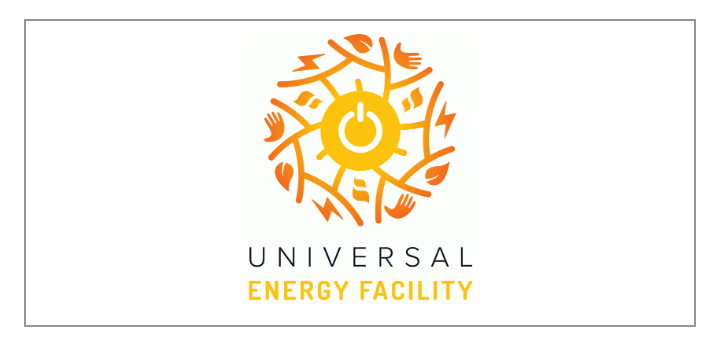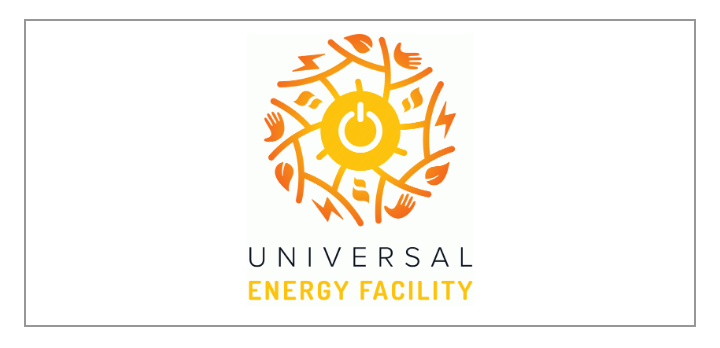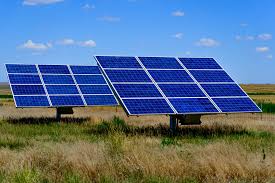The Universal Energy Facility (UEF), a results-based financing facility managed by Sustainable Energy for All (SEforALL), has reached a milestone – it verified its first set of electricity connections: 542 connections to mini-grids across eight communities in Madagascar. With that, the facility has also disbursed its first grant, with mini-grid developer WeLight receiving USD 592 per connection.
“This is an important milestone in the history of the Universal Energy Facility,” said Damilola Ogunbiyi, CEO and Special Representative of the UN Secretary-General for Sustainable Energy for All and Co-Chair of UN-Energy.
“These connections in the communities of Ambovonomby, Mangindrano, Marovato, Ambohitoaka, Anjozoromadosy, Ambodisaina, Andohajango and Marotandrano in Madagascar are proof that results-based finance delivers reliable and affordable electricity access at speed and scale to populations most in need.

Launched in October 2020, the UEF is a multi-donor facility that provides grants to eligible organizations once the connections they establish have been verified. Under this results-based model, companies are incentivized to build at speed and scale – in contrast to a traditional procurement model for financing energy projects.
In its initial wave, the UEF is supporting mini-grid development in Benin, Madagascar, and Sierra Leone. The initial 542 connections verified in Madagascar will provide approximately 2,170 people with electricity, while also powering important community services and businesses.
“We are thankful for this grant that will be instrumental in bringing productive electricity to villagers and trigger economic growth and positive social impacts in eight new villages across Madagascar,” said Romain de Villeneuve, CEO, WeLight Africa.
In the community of Ampasimatera, the new mini-grids are anticipated to provide new economic opportunities for local residents.
“Electricity alone cannot create all the conditions for economic growth, but it is an essential element to meet the needs of the population of Ampasimatera in order to facilitate the development of economic activities in the commune,” said Thyerry Rozenaly, Mayor of Ampasimatera.
More mini-grids supported by the UEF are under construction in the three countries, where the facility expects to provide results-based finance for approximately 14,000 electricity connections.
A new wave of the UEF was also launched on 24 August and focuses on supporting Stand-Alone Solar for Productive Use (SSPU), starting with Nigeria. This wave is designed to scale up access to electricity for households, micro, small and medium enterprises.
The UEF is a multi-donor facility supported by Shell Foundation, The Rockefeller Foundation, Africa Minigrid Developers Association, Power Africa, Good Energies, UKaid, Carbon Trust, IKEA Foundation, Federal Ministry for Economic Cooperation and Development, Germany (BMZ) and Deutsche Gesellschaft für Internationale Zusammenarbeit (GIZ)






